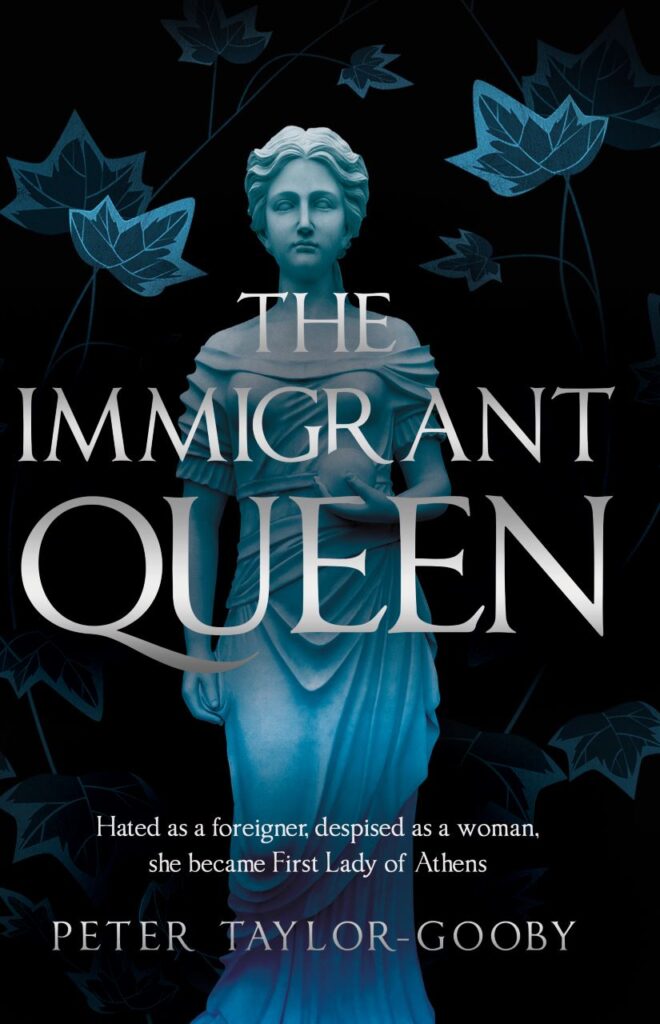Split
Situated on the Dalmatian coast of the Adriatic Sea, Split, the mystery novel, and Split, the city, are aptly named, for they are set in the summer of 1936, a delicate moment in time, a precious interlude between terrible things.
Split opens with murder. In a city where everyone knows everyone else, police superintendent Mario Bulat, a recent widower, is defied by citizens who do not trust the local cops. A Nazi film crew is scouting the area for their latest movie. Or are they in Split for other reasons? Jewish refugees are in hiding, trying to smuggle their way on Split fishing boats to freedom. In the furious heat of mid-summer, domestic unhappiness can lead to violent endings. Bulat must unravel the clues and face the opposition of powerful forces to uncover the crime.
And yet, Split in many ways is not a mystery. Rather, it is the portrait of a melting pot city confronting a perilous future. Three years before Blitzkrieg, the sons and daughters of the elite and the poor are angrily split between the fascism of Hitler and Mussolini, and the communism of Stalin. Bulat, living with a woman he hopes to marry, is a jaded police officer who wants nothing more than the freedom to love.
Split navigates choppy waters between several dozen characters. So many intertwining stories may interfere with the primary thread. Bremer’s objective, I think, is not so much allowing the reader to resolve the murder, as it is to portray how individuals cope with impending change, fooling themselves that life can be anything than what it really is: perverse. Split is a gorgeous dark painting of a time and place most of us will find compelling enough. To fully enjoy it, however, one must care about the characters, but that there are so many may be a problem.










